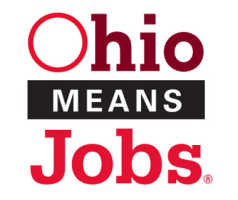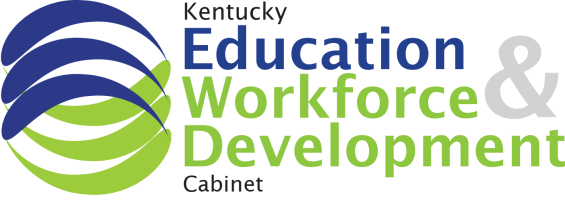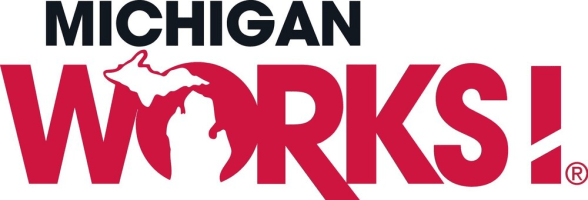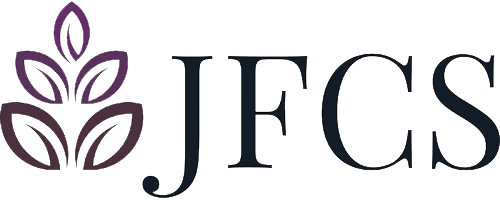People Before Process: Keeping the Promise with LSS

Faye Brightwell, President of Caregiver Grove Behavioral Health and Disability Services, is almost as passionate about her BPG Lean Six Sigma training as she is about her work. Caregiver Grove provides behavioral health and disability services to people of all ages. The company is dedicated to helping clients improve their mental health. Their core philosophy, “People before process,” applies to their clients, staff (Providers), and other stakeholders.
This philosophy, which Faye believes has been central to her company’s success, can also be challenging when stakeholders include insurance companies and state agencies. These stakeholders have rules and regulations related to accepting clients, processing claims, keeping records, and monitoring performance.
Lean: A Mindset
For Faye, Lean is a mindset – one that she applies throughout her day. Here are just a few of the practices she uses to develop a Lean culture and mindset in her organization.
When she’s reading emails, she’s wondering could it have been written more clearly? Is it going to the right people? Is it necessary? She’s always looking to eliminate muda — actions that waste time, increase the chance of errors, or don’t add value.
Faye oversees two locations and regularly attends staff and other meetings. These meetings give her a chance to understand what is going on, hear what people have to say, and let them know she’s available to help solve problems if they get stuck. While it isn’t “going to the shop floor,” Faye’s using the Lean principles of Gemba and genchi genbuts; demonstrating root cause analysis, and practicing Lean leadership principles.
Lean: A New Way of Thinking
Faye says BPG’s Lean training gave her a whole new way of thinking. While managers are often encouraged to look at the big picture, Faye’s learned the value of focusing on details to identify and correct process shortcomings early and quickly, before they do harm.
That’s why Faye is vigilant about reviewing data. She is always auditing financials and operational material. She reviews financial reports to look for gaps in information or find problems associated with the data. She looks at actual collection forms to see where data problems crop up and looks to solve problems with improved forms and staff training.
Data is critical to Faye’s business.
Consider three implications of bad data. Not having:
1. all information required by insurance companies to process claims can result in delayed or denied payments.
2. access to legally required information about client encounters can result in a denied or delayed state license renewal.
3. complete information about a prospective client and their insurance can mean someone does not receive the mental health care when they need it. Even worse, that person may give up on getting help at all.
Faye applies her Lean training to more formal projects as well. She and her team have installed a new EHR system to handle information for clinical business. It was built to meet state requirements. As the system was installed, Faye was vigilant about looking for problems, getting them fixed, and moving on. As a result, some potentially serious problems, in carrier setups and recording payments, were discovered and corrected before the system went live.
Since Faye began working at Caregiver Grove, the company successfully passed one state audit without a hitch and is preparing for another audit early next year. They are holding their own mock audits (running reports, looking at the data, and addressing any potential issues). Faye is confident that all of the Lean work that has been put into these systems will result in another successful audit and recertification.
SWOT Analysis for a Strong Business
Faye’s most go to Lean tool: SWOT (strengths/weaknesses/opportunities/threats) analysis of operations and financials. She is constantly looking to see “where can we grow, where are our strengths, where are we vulnerable, what opportunities exist.” She used this analysis when COVID required the company find new ways to work (telehealth became a big factor). She used SWOT analysis earlier this year to identify post-shut down opportunities, such as identifying services they can provide to children returning to school.
She also used SWOT analysis when considering a change to their business model: Changing Providers status from employee to contractor. Faye knew the move was necessary to keep the business going. She also knew that the company risked losing Providers over the decision.
To mitigate those risks, Caregiver Grove made sure everyone knew the reason for the change, was given time (six months) to make the transition, and provided information and tools to succeed. Faye is happy to report that the transition was successful. They did not lose employees. Turn-over, notoriously high in her industry, is still low, and the performance of Providers has not declined. She credits the successful transition to their culture of respect.
Culture is Everything
A culture of respect is central to Faye’s Lean work. And that culture began long before Caregiver Grove announced the change to their business model. Faye had begun building that culture when she arrived at Caregiver Grove. From her participation in meetings, Providers knew they could talk over problems with her. They also knew that Faye understood their work was emotionally rewarding and stressful and that one of Faye’s objectives when improving processes is to avoid muri (the waste of overburdening individuals).
One Ohio mandate requires Providers to submit a written report on an interaction with a client within 48 hours. When a Provider has multiple clients a day, that can be burdensome. Faye makes sure the state-mandated deadlines are met, but lets each Provider determine how best to complete their reports in a timely way. Some may do it after each meeting, others after all meetings are concluded for the day.
Lean Training Applies to Everything because Continuous Improvement is Applicable to Anything
That was one of Faye’s takeaways from her BPG training. Here are some others:
There is no need to fear the math. So much is automated.
Everyone has a gift. Working in teams gets the job done.
Past work experience is relevant. Faye, who has been a teacher says, “Any good teacher knows how to plan.“
Mindset: Look at processes, break down everything. Look at the details.
Understand processes: Talk to everyone, study organization. Know what the work is.
Build rapport.
Would you like to share your key takeaways from your LSS or Project management training? Go to https://www.linkedin.com/groups/6542782/.







